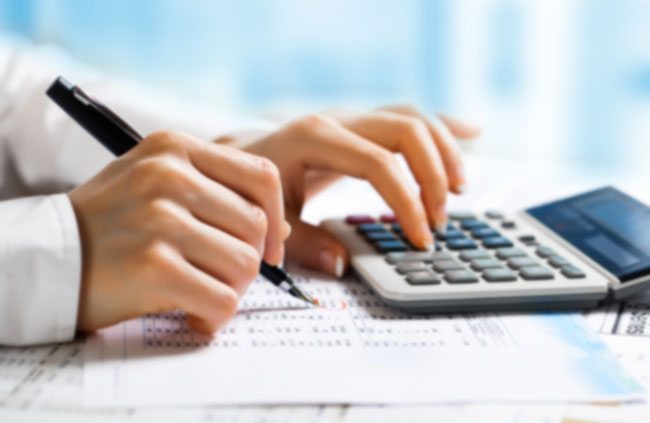So with the new tax year now under way, it’s the perfect time to identify some of the main tax traps to watch out for and avoid over the next 12 months.
Emily Coltman FCA, Chief Accountant to FreeAgent – who provides the UK’s market-leading online accounting system specifically designed for small businesses and freelancers – highlights five common tax mistakes that small business owners often find themselves making and explains how to overcome them.
Are you an employee of your own business?
If you’re running your business as a sole trader, you and your business are legally one and the same. You’re self-employed and you’re not an employee of your own business, so any money you take out of the business is called “drawings”, and you don’t need to run a payroll unless your business employs staff.
Are you and your business the same entity?
On the other hand, if you’re running your business through a limited company, then you and your business are not legally one and the same, which means that there are restrictions on how much money you can take out of the company without incurring extra tax.
The company can pay you a salary as an employee, it can pay you dividends on any shares you own in the company so long as there is enough profit in the company to cover the dividends, and the company can also pay you back for any expenses you personally incur on the company’s behalf (such as a train ticket you buy to visit your client, paid for on your own credit card). If the company pays you more than that, then you could be at risk of extra tax and NI bills.
Is your business really using the VAT flat rate scheme?
You may want to join the VAT flat rate scheme, as it’s designed to save you time and could also save you cash. However, you have to actually apply to join the flat rate scheme and be accepted on to it by HMRC before you can start using it.
Once you been accepted to join the VAT flat rate scheme by HMRC, make sure that you mark this in your accounting software’s VAT settings – but not before!
Too much tax relief on motoring costs?
If you’re claiming tax relief on business journeys in your own car, you might be doing that by reference to mileage travelled, claiming HMRC’s set rate of 45p or 25p per mile.
Remember that if you’re using these mileage rates, they cover all the costs of buying and running the car, so you can’t also include in your accounts any costs such as petrol or repairs, and you can’t claim capital allowances on the cost of the car either.
The only other motoring costs you can claim when you’re using the mileage method are those that relate to a particular journey, such as road tolls or car parking tickets.
Water, water, everywhere and not a drop to claim
If you’re working in your own home, you may be able to claim a percentage of your home running costs in your accounts.
One home running cost you can’t include is any water, unless your business incurs heavy water usage and is supplied by a separate pipe from your domestic supply – for example if you run a home laundry service or dog grooming parlour. Any additional water use from extra drinks or toilet flushes unfortunately doesn’t count as a business cost.
At FreeAgent we do recommend you work with an accountant to help you and your business to avoid falling into the quagmire!
Emily Coltman FCA is Chief Accountant to FreeAgent, who provides the UK’s market-leading online accounting system specifically designed for small businesses and freelancers.


